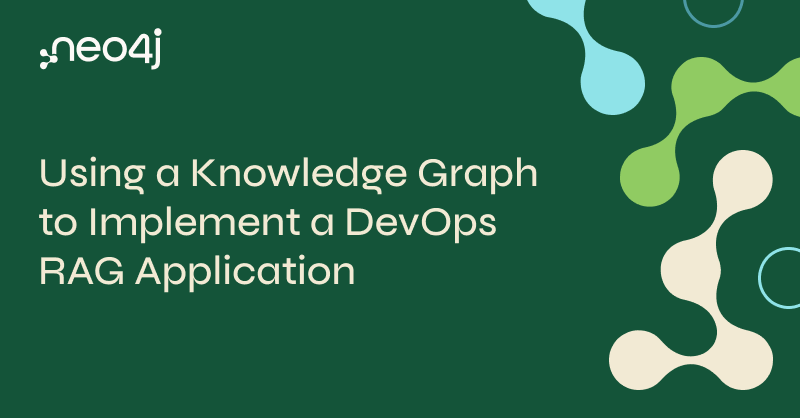-
Match Patterns in Data and Relationships
Find complex or recursive patterns without JOINs using expressive Cypher query language and graph algorithms.
Learn More -
Visualize Data Patterns
Find hidden connections and relationships using Bloom and Neo4j Browser.
Learn More -
Index-Free Adjacency
Navigate the graph without index lookups or JOINS, keeping processing time proportional to data size, making traversals lightning fast with index-free adjacency.
Learn More -
Analytical and Transactional Workloads
Support diverse workloads to simplify data architecture. Automatically split analytical queries to run concurrently across multiple threads on multi-core CPUs for stronger results.
Learn More -
Enrich Predictions and Inferences
Discover more insights using graph data science and machine-learning algorithms, such as pathfinding, centrality algorithms, community detection algorithms, and network embeddings.
Learn More
-
Native Graph Data Model
Eliminate the transition from data design to implementation. Use nodes, relationships, and properties to represent structured, semi-structured, and unstructured data naturally.
Learn More -
Flexible Schema
Add new entities, properties, and relationships without rebuilding the database or modifying application code.
Learn More -
Write Less Code With Cypher
Write less code using Cypher, a simple and expressive query language that often requires fewer lines of code than SQL (for RDBMS) or SPARQL.
Learn More -
Faster, Easier Development
Use 65+ pre-tuned graph data science algorithms for deeper data insights.
Learn More
-
99.95% Uptime SLA
High availability, reliability, and minimal downtime. Scale instances for data and compute needs, efficiently managing datasets and memory-intensive workloads.
Learn More -
Zero Administration
Build apps without having to manage infrastructure. Get automatic service upgrades, security updates, and new features without interruption.
Learn More -
Minimize Downtime and Data Loss
Restore databases with full or incremental backups across multiple zones, point-in-time recovery, and fully encrypted snapshots verified for data consistency.
Learn More -
Multi-Cloud Freedom
Available on Amazon Web Services, Microsoft Azure, and Google Cloud in over 60 global regions.
Learn More
-
End-to-End Encryption
Data is encrypted at rest with customer-managed keys. Network traffic, even within service infrastructure, is encrypted via Transport Layer Security (TLS).
Learn More -
Fine-Grained Access Control
Protect data from unauthorized access and enable selective graph traversals by controlling read/write access to different parts of the graph.
Learn More -
Network Security
Segregate network traffic and resources to prevent unauthorized access. You also reduce the risk of security breaches with network isolation and private endpoints.
Learn More -
Comply With Industry Regulations
Adhere to industry compliance standards for data security and privacy regulations, such as ISO 27001, ISO 20243, GDPR, CCPA, SOC2 Type II, SOC3, and HIPAA.
Learn More




















